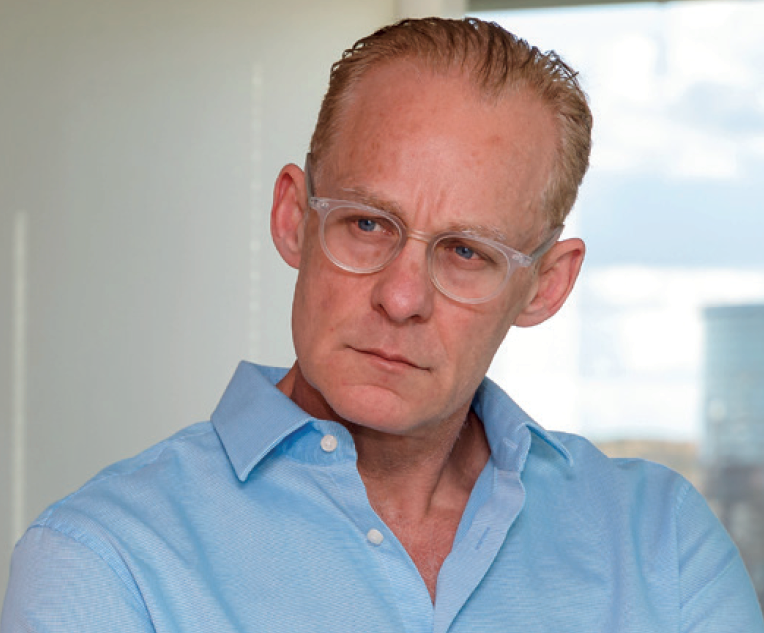“I think the most interesting trend is getting conventional investors investing in Islamic finance transactions,” Scott Levy, the CEO of Bedford Row Capital (BRC), tells Investment Monitor. “Why? Because the objective of the UN’s Sustainable Development Goals [SDGs] underpins basic principles of Islamic finance. So, there is a natural alignment between them.”
BRC, which is based in London, is a provider of global structured securities solutions. The organisation also offers solutions related to the issuance of high-yield bonds, senior secured conventional debt, short-dated notes, delta one trackers and sharia-compliant certificates. Approximately 30% of the company’s business focuses on Islamic finance, but this is expected to increase over the next three years.
The rise of the international sukuk
Levy explains that there are two areas of focus in Islamic finance that are gaining momentum at present that he feels are ripe for further development: the issuing and the issuers.
When it comes to the former, there is a growing number of countries issuing international sukuk. This is a bond-like instrument that complies with a body of religious laws known as ‘sharia’.
Levy highlights that Turkey and Qatar are among the countries looking to issue international sukuk, and this is significant for several reasons. To start with, the issuing of international sukuk marks a new era for Turkey as the country had mainly focused on issuing internal sukuks previously. As for Qatar, Levy says that the country has no sukuk market, either internally or internationally.
“We are part of discussions where markets such as Turkey and Qatar are looking for ways to tap global liquidity,” he adds. “This underlines a key trend when it comes to getting more issuers in the international sukuk market.”

US Tariffs are shifting - will you react or anticipate?
Don’t let policy changes catch you off guard. Stay proactive with real-time data and expert analysis.
By GlobalDataApart from the issuing, the other trend concerns the issuers. This focuses more on what type of issuers they want to be, and this is where the SDGs come in.
“There are lots of opportunities around alternative energy and transition energy,” says Levy. “The Gulf Cooperation Council countries have already started these processes. The focus should be on helping these countries to close these gaps and helping them tap international capital.”
Talking the sustainable world language
Developments concerning both the issuing and the issuers when it comes to Islamic finance can provide it with greater access to global capital, particularly given how many investors want to contribute to achieving the SDG targets by the 2030 deadline. However, Islamic finance issuers need to familiarise themselves with the global language of sustainable finance in order to achieve this.
“This is something that the Islamic finance industry has been slow to adapt to, but it is [getting better],” says Levy.
Islamic finance has a similar structure to conventional finance, but it has a more ethical approach based around the principles of doing no harm. Thus, it excludes investments related to gambling, pornography, alcohol and other disreputable activities. “This highlights the natural alignment between Islamic finance and environmental, social, and governance [ESG],” says Levy.
However, he adds that Islamic finance tends to come with swathes of complicated and technical terminology. “Islamic technical terminology might put off conventional investors,” says Levy. “Before the rise of ESG, there was no attraction among conventional investors and Islamic finance,” he adds, and this terminology may be one of the reasons behind that.
However, this situation is now changing, and managers such as BRC are playing a key role in educating investors about the SDGs and the language of sustainability more generally.
Cross-border opportunities in Islamic finance
Levy states that there is a considerable amount of money flowing from the Gulf countries into Europe and vice versa. Nevertheless, he explains that it is much easier for conventional investors to invest in Gulf assets than it is Gulf money to invest in European assets, as these assets often need to be sharia-compliant. “There is a big opportunity in creating a bridge of capital for non-Muslim countries to attract Gulf investors, but in order to attract money from Gulf investors you need to have it in a sharia-compliant investment structure,” he adds.
Projects in areas such as battery energy storage and solar power are key for both Gulf and European investors. These projects embrace ESG and are attractive for both conventional and Islamic finance investors that are looking for international opportunities.
Another area of interest that Levy highlights for Gulf investors is the London property market, both commercial and residential. Gulf investors have also backed projects in care homes in the UK in the past, while there has been interest from the region’s sovereign wealth funds in investing in social housing in the UK. These investments score highly when it comes to long-term cash flows, credit risk and government engagement.
Investing in Islamic finance presents opportunities for conventional investors to diversify their portfolios and explore new markets. In addition, non-Muslim countries adapting to this form of finance bring with them opportunities for Islamic investors to explore opportunities and back assets that embrace ESG and the SDGs in non-Muslim countries. However, for this to happen Levy reiterates the point that Islamic finance investors must move away from the more complicated Islamic finance terminologies and embrace the language being used in global sustainable finance circles.





